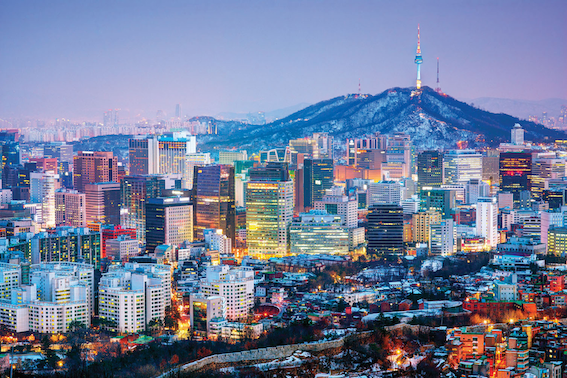
Republic of Seoul, Will It Be Okay?
Have you ever heard of the ‘Republic of Seoul’? This refers to the phenomenon in which most of Korea's capabilities are concentrated in the Seoul. In September, massive media reports and disaster warnings were issued here as Typhoon Lingling swept the Korean Peninsula. However, rural residents did not have a good view of it. They argue that the government which have been quiet in dealing with disasters in local areas, are more sensitive to disasters in Seoul. As such, the word ‘Republic of Seoul’ has become widely used in the wake of the recent escalation of discriminatory treatment between Seoul and other regions.
Everyone knows that most of the infrastructure in various fields are built around Seoul. According to MBC news, 55 percent of medical bills at the five major hospitals in Seoul are paid by rural residents. This can be seen as to indicate that local medical facilities are in poor condition compared to those in Seoul. Also, according to professor Lee Ho-shin of Hansung University, the concentration in Seoul in artistic activities is much greater than those outside it. Of some 36,000 artistic activities made last year, 54 percent were conducted in Seoul. The government's plan to ease this phenomenon is to build a new town. It aims to artificially create towns to decentralize urban functions and populations concentrated only in the Seoul area. However, critics continue to say that even these new towns are only growing the size of Seoul. Given that one criteria for the designation of new towns is accessibility to Seoul, it does nothing to prevent the concentration of Seoul. In other words, if problems such as jobs and services concentrated in Seoul are not resolved, the construction of a new town cannot fix the Seoul Republic alone. In the provinces, regional competitiveness has been declining as most of the production capacity has been moved to Seoul. Therefore, balanced regional development is essential to achieving sustained growth of the Republic of Korea. This requires a multi-faceted development policy that identifies the needs of each region rather than excessive development of new towns. In particular, the government needs to strive to expand medical and cultural services.
The concentration phenomenon in one region may pose a risk to the development of the entire Republic of Korea. Therefore, it is necessary for the government not only to pay attention to the formal aspects of the new town development policy, but also to work on the actual balanced development of the region by listening to the inconveniences of residents in each area.


